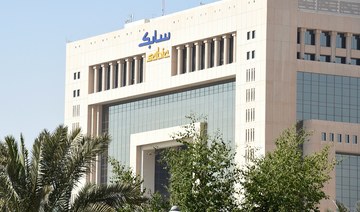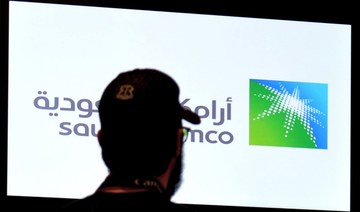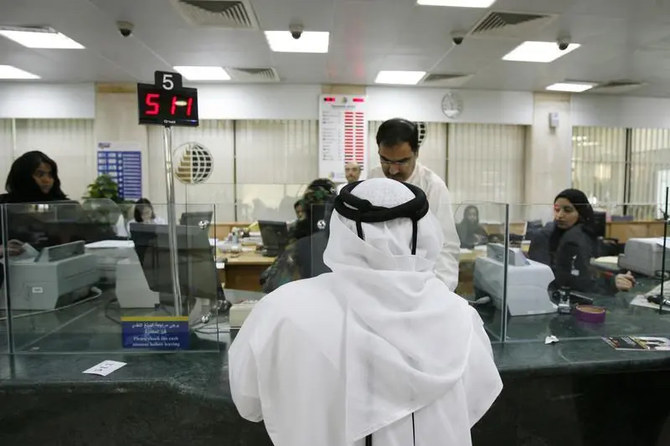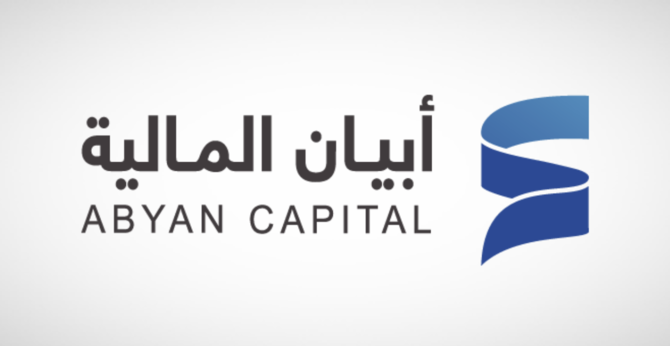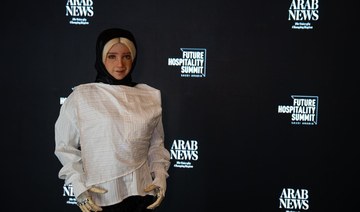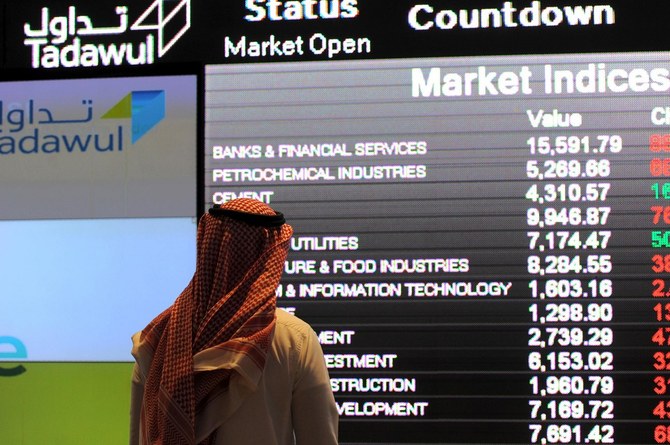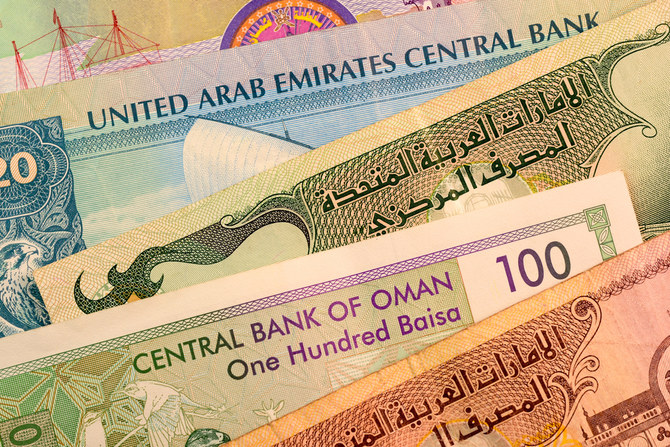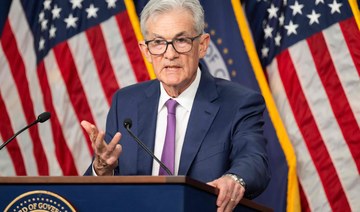JEDDAH: Nusaned, SABIC’s localization initiative, announced on Wednesday that 43 new Saudi entrepreneurs qualified from its program, bringing the total number to 106.
SABIC set up the initiative in 2018 as part of its bid to encourage the growth of local companies and small and medium-sized businesses, as part of the Kingdom’s Vision 2030 strategy to diversify the non-oil economy.
In a press statement, Nusaned said its graduates will go on to start projects that will create 6,610 new jobs and contribute more than SR8.8 billion ($2.35 billion) to the Saudi economy.
The graduation ceremony took place in Riyadh at the SABIC Plastic Applications Development Center.
Several strategic partnership agreements were also signed with local and international bodies and organizations, in order to help the graduates seize opportunities in the public and private sectors and generate commercial opportunities.
Nusaned signed agreements with the government SMEs authority Monshaat, German multinational chemical company BASF and US multinational Emerson.
The agreements and projects are expected to serve diverse sectors such as construction, equipment, medical supplies, metals, plastics, renewable energy and specialty chemicals.
Yousef Al-Benyan, SABIC vice chairman and CEO, said: “The outcome of these agreements and partnerships will contribute to creating jobs, and will raise the level of knowledge and professional qualification for local competencies and entrepreneurs.”




